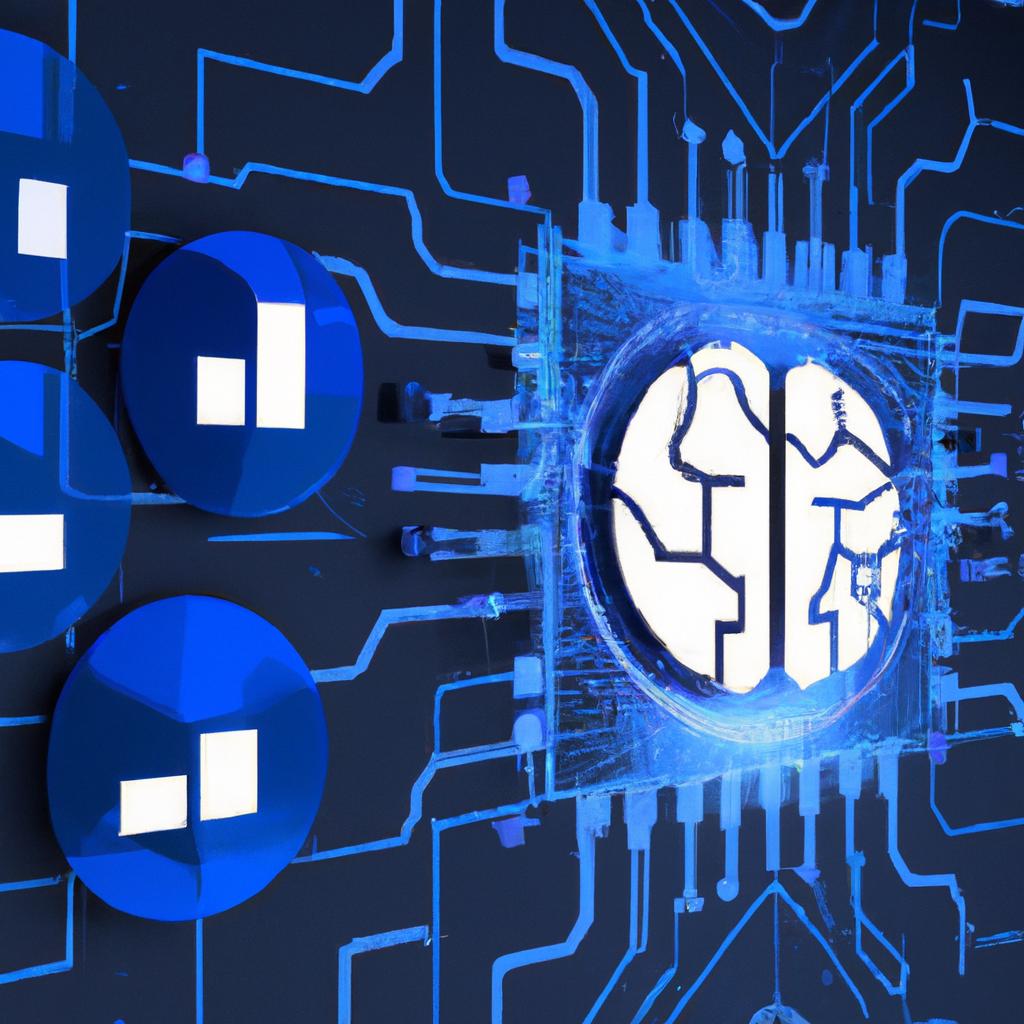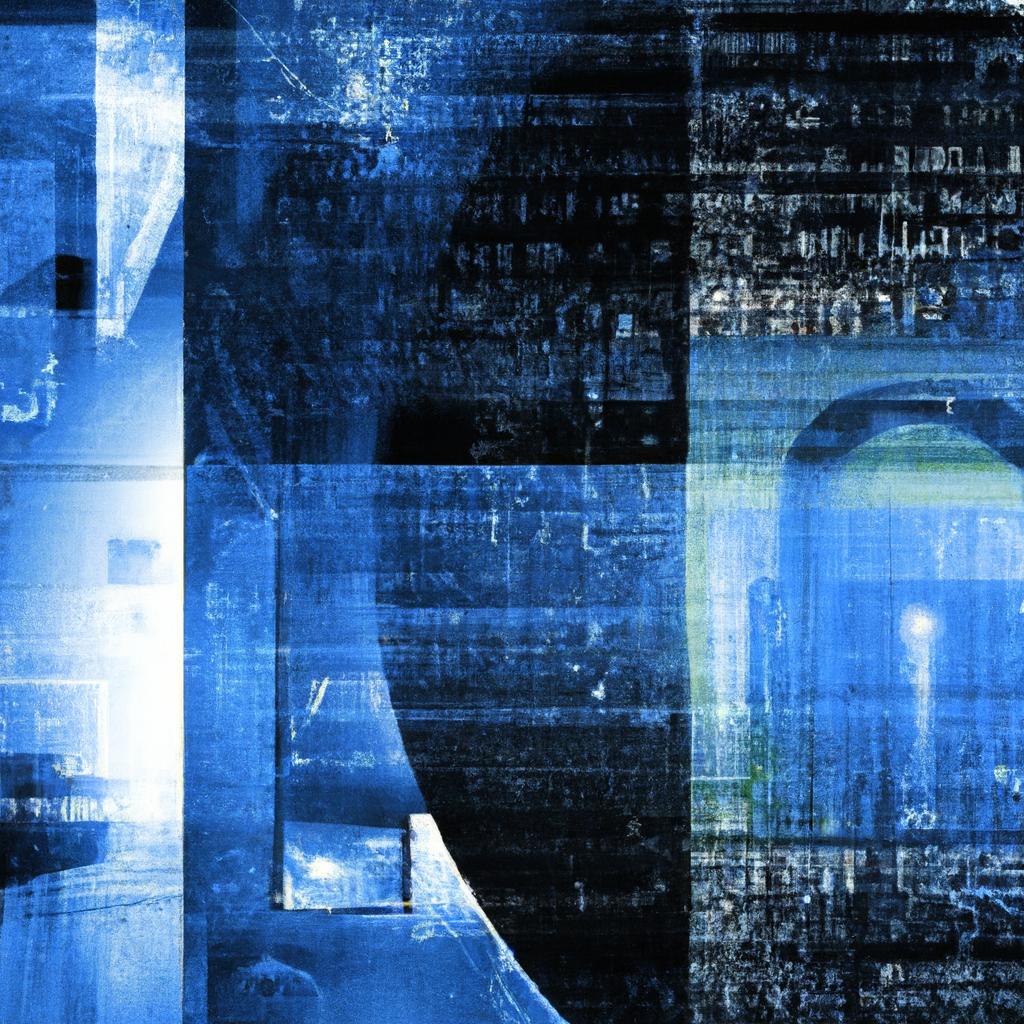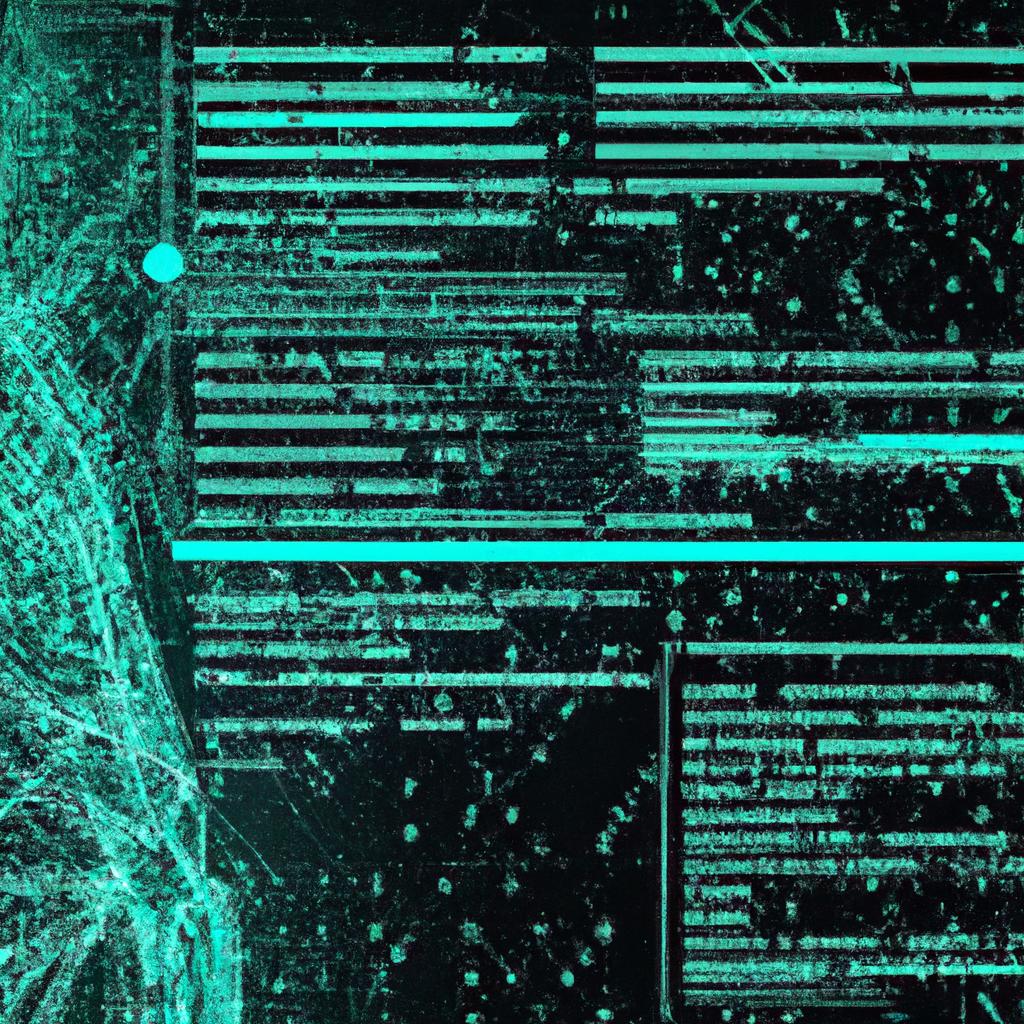In a world where the digital landscape is constantly evolving, the role of artificial intelligence in cybersecurity has become increasingly prominent. As technology continues to advance, the need for innovative solutions to combat cyber threats has never been more urgent. In this article, we will explore the impact of artificial intelligence on cybersecurity and how it is shaping the future of online security.
Table of Contents
- The Evolving Landscape of Cybersecurity in the Age of Artificial Intelligence
- Utilizing Machine Learning for Threat Detection and Prevention
- Challenges and Opportunities in Implementing AI for Enhanced Cybersecurity
- Strategies for Organizations to Stay Ahead in the Cybersecurity Game
- Q&A
- Closing Remarks
The Evolving Landscape of Cybersecurity in the Age of Artificial Intelligence
Artificial intelligence has brought significant advancements in the field of cybersecurity, revolutionizing the way organizations protect their sensitive data and systems from cyber threats. With AI algorithms continuously learning and adapting to new attack vectors, security professionals now have a powerful tool to bolster their defense mechanisms against sophisticated cybercriminal activities.
One of the key impacts of AI on cybersecurity is its ability to automate threat detection and response processes, allowing for real-time monitoring and immediate action against potential security breaches. This proactive approach helps in mitigating risks and minimizing the impact of cyberattacks on businesses. Moreover, AI-powered systems can analyze vast amounts of data at a speed and accuracy that surpass human capabilities, enabling faster threat identification and resolution.
Utilizing Machine Learning for Threat Detection and Prevention
Machine learning has revolutionized the way cybersecurity professionals detect and prevent threats in the digital landscape. By leveraging artificial intelligence algorithms, security systems can analyze massive amounts of data to identify patterns and anomalies that indicate potential security breaches. This proactive approach allows organizations to stay one step ahead of cyber attackers, minimizing the risk of data breaches and other malicious activities.
With machine learning technology, security teams can automate threat detection processes, enabling faster response times and reducing the burden on human analysts. By continuously learning from new data and adapting to evolving threats, these systems can enhance overall cybersecurity posture and improve incident response capabilities. Ultimately, the integration of machine learning into threat detection and prevention strategies is crucial for safeguarding sensitive information and defending against cyber threats in today’s digital age.
Challenges and Opportunities in Implementing AI for Enhanced Cybersecurity
Artificial Intelligence (AI) has revolutionized the field of cybersecurity, offering both challenges and opportunities for organizations looking to enhance their defense mechanisms against cyber threats. One of the key challenges in implementing AI for cybersecurity is the constant evolution of cyber threats, which require AI systems to adapt and learn in real-time to effectively detect and prevent attacks. Additionally, the shortage of skilled professionals with expertise in AI and cybersecurity poses a challenge for organizations looking to leverage AI technologies for enhanced security.
On the other hand, the opportunities presented by AI in cybersecurity are vast. AI-powered systems can analyze huge volumes of data at lightning speed, enabling organizations to detect and respond to threats more efficiently. By leveraging machine learning algorithms, AI can identify patterns and anomalies in network traffic that may indicate a potential cyber attack. Furthermore, AI can automate routine security tasks, freeing up human experts to focus on more complex and strategic security issues. Overall, the integration of AI in cybersecurity offers a promising path towards stronger defense mechanisms and improved threat detection capabilities.
Strategies for Organizations to Stay Ahead in the Cybersecurity Game
Artificial intelligence (AI) has revolutionized the cybersecurity landscape, offering organizations innovative ways to protect their sensitive data and systems. One of the key advantages of AI in cybersecurity is its ability to analyze vast amounts of data in real-time, enabling quicker detection and response to potential threats. By leveraging machine learning algorithms, AI can identify patterns and anomalies that may indicate a cyber attack, allowing organizations to take proactive measures to safeguard their networks.
Moreover, AI-powered security solutions can adapt and evolve over time, continuously learning from new threats and improving their detection capabilities. This dynamic nature of AI makes it a valuable tool for organizations looking to stay ahead in the cybersecurity game. By integrating AI into their security strategies, businesses can enhance their overall defense posture, mitigate risks, and better protect their critical assets from cyber threats. In essence, the impact of AI on cybersecurity is undeniable, paving the way for more effective and sophisticated security measures in the digital age.
Q&A
Q: How is Artificial Intelligence being used in cybersecurity?
A: Artificial Intelligence is being used in cybersecurity to detect and prevent cyber threats before they can cause harm.
Q: What are some advantages of using AI in cybersecurity?
A: Some advantages of using AI in cybersecurity include its ability to analyze vast amounts of data quickly, identify patterns and anomalies in network traffic, and respond to threats in real-time.
Q: Can AI help in predicting future cyber threats?
A: Yes, AI can help in predicting future cyber threats by analyzing historical data and identifying potential vulnerabilities in a network.
Q: Are there any drawbacks to using AI in cybersecurity?
A: Some drawbacks to using AI in cybersecurity include the potential for biases in the algorithms used, as well as the possibility of attackers using AI to launch more sophisticated attacks.
Q: How can organizations benefit from implementing AI in their cybersecurity strategies?
A: Organizations can benefit from implementing AI in their cybersecurity strategies by improving their threat detection capabilities, reducing response times to cyber incidents, and overall enhancing their overall security posture.
Closing Remarks
In conclusion, the intersection of artificial intelligence and cybersecurity represents a dynamic and ever-evolving landscape. As AI continues to advance and shape the way we approach security measures, it is essential for businesses and individuals alike to stay vigilant and proactive in protecting their data and digital assets. By understanding the potential risks and benefits of AI in cybersecurity, we can harness its power to defend against malicious threats and uphold the integrity of our online world. In embracing this technological revolution, we have the opportunity to safeguard our digital future and pave the way for a safer, more secure interconnected world.





